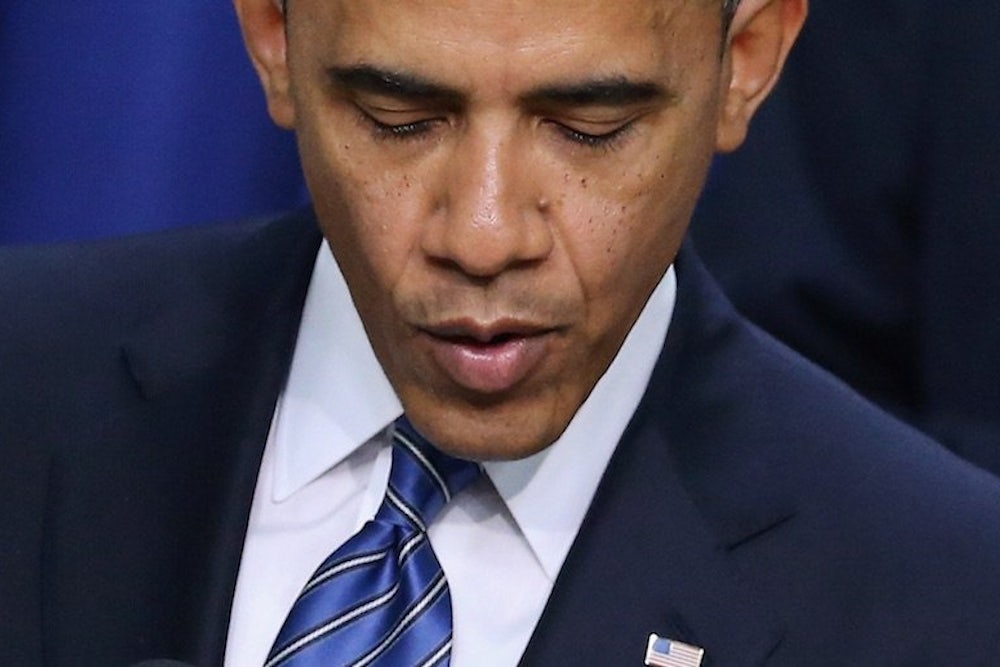One of two major obstacles to approving the Keystone XL pipeline was removed on Friday. A divided Nebraska Supreme Court upheld a 2012 state law granting the governor authority to approve the pipeline's route and to use eminent domain if necessary, which the landowning plaintiffs argue is unconstitutional.
But the other obstacle, President Barack Obama's veto pen, remains. On Tuesday, referring to a Republican bill that would fast-track the pipeline's approval, White House Press Secretary Josh Earnest said, "If this bill passes this Congress, the president wouldn’t sign it."
The White House had cited the uncertainty surrounding the Nebraska decision as a reason Congress shouldn't act prematurely in approving the pipeline. Seizing on Friday's news, Senate Energy and Natural Resources Chair Lisa Murkowski said, “Today’s court decision wipes out President Obama’s last excuse.”
That's not true.
Earnest had left another door open for a veto, saying, “I think the president has been pretty clear that he does not think that circumventing a well-established process for evaluating these projects is ... the right thing for Congress to do." The well-established process includes weighing whether the environmental and climate consequences of Keystone outweigh the economic benefits. Lately, Obama has been skeptical of the economic arguments.
With economic pressures easing—gas prices have plummeted, and the jobs numbers keep improving—it will make it much easier, politically, for Obama to veto Keystone. And he's made it increasingly clear he intends to do so, if he hopes to make it a cornerstone of his environmental legacy.
So in a few weeks, after the Republican Congress passes its Keystone bill, the pipeline will remain exactly where it started in 2015: postponed until further notice.
Update: On Friday, the House passed a bill approving the Keystone XL pipeline 266-153. Twenty-eight Democrats voted with Republicans.
